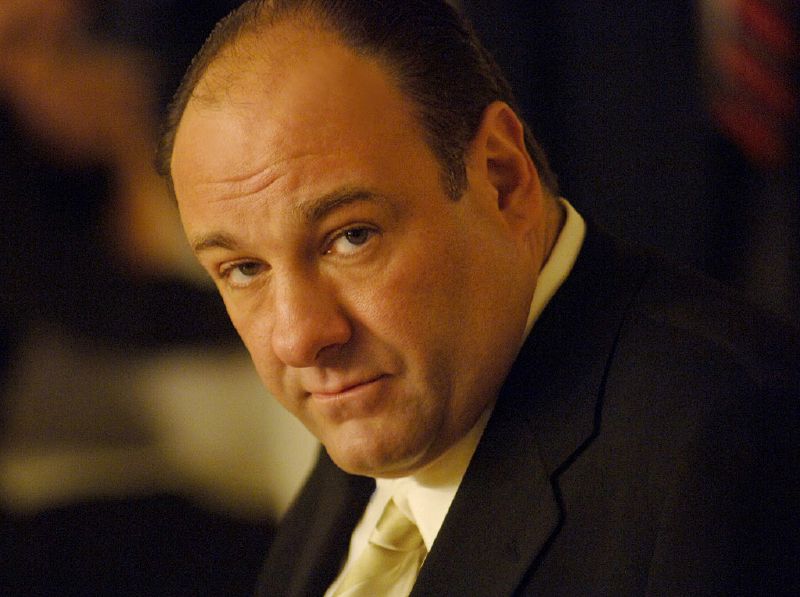James Gandolfini, who won three Emmy awards portraying mob-boss Tony Soprano for eight years on HBO’s The Sopranos, died on June 19th, 2013 in a very unexpected manner. That day, he was touring Rome with his 13-year old son, Michael, when he suffered the sudden and fatal heart attack. James Gandolfini’s Will made headlines for the tax implications that his estate planning decisions created. The blog sphere was on on fire calling the planning a “Tax Disaster,” a “30 million dol lar mistake,” and a “Mess.” In a nutshell, the Soprano’s star left gifts to his sister and daughter totaling 80% of his estate, which was then taxed at 55% in “death taxes.”
lar mistake,” and a “Mess.” In a nutshell, the Soprano’s star left gifts to his sister and daughter totaling 80% of his estate, which was then taxed at 55% in “death taxes.”
James Gandolfini’s lawyer did not talk to the press when the first story critical of Gandolfini’s Will was published and that article touched off an avalanche of similar stories and blog posts on the internet. You can see the actual Will here. Later, Attorney and Professor Paul Caron at TaxProf Blog, decided to call Roger S. Haber, Mr. Gandolfini’s lawyer, who drafted the will and is one of its executors for his comments. At that point, the story’s perception shifted.
Regardless of the ongoing sentiments on the topic, here are several lessons we can learn from Gandolfini’s Estate Planning:
- Without the public nature of probate, the media craze could not have happened. A revocable trust would have been an inexpensive way to keep the process private. Like I always tell my clients, Probate is bad bad news! It’s 1) Expensive, 2) Long, 3) totally public, and 4) gives contentious family members a venue to fight about your money.
- It is really not the end of the world if Gandolfini did pay the reportedly high amount of taxes, if his estate went to who he wanted it to in the way he wanted. He is reported to have said: “$45 million is enough for my children.” In other words, it was more important for him to retain full control and access to the assets and the estate, than to save 30 or 55 million in estate taxes (depending on which article you read!). To assume that every client’s main goal is to reduce or eliminate estate taxes is wrong.
- There are ways to limit the tax bill, including how Gandolfini left his son $7 million through a life insurance trust (“ILIT”).
- It is important to adjust provisions for the age that children will receive inherited funds based on how responsible and mature they are over time. Some people still criticize the ages at which his daughter and son will receive their share.
- It is important to remember that foreign property may be subject to foreign laws. Gandolfini’s left his real property in Italy to his son and daughter when they reach 25 years of age but certainly, an attorney over there should have been consulted with to discuss the titling of the property and inheritance laws in that country.
See:
- Accounting Today, Gandolfini Tax Hit
- Altman Speaks, The Will of James Gandolfini: Bad Tax Planning or Good Listening?
- Estate of Denial, James Gandolfini Will a Tax ‘Disaster,’ Says Top Estate Lawyer
- Forbes, Key Lessons From James Gandolfini’s Will
- Fox Business, Lessons Learned from James Gandolfini’s Will
- Private Wealth, Learning From Gandolfini’s Estate Plan ‘Disaster’
- Probate Lawyer Blog, James Gandolfini’s Estate Planning Mess
- U.S. News & World Report, Estate Planning Lessons From James Gandolfini
- Howard M. Zaritsky, In Defense of James Gandolfini and Ed Koch

Recent Comments